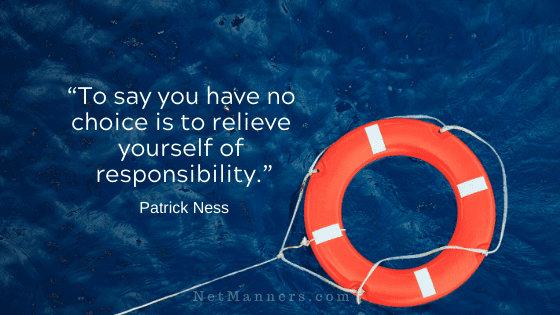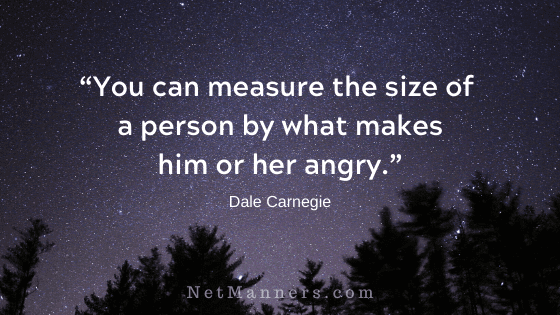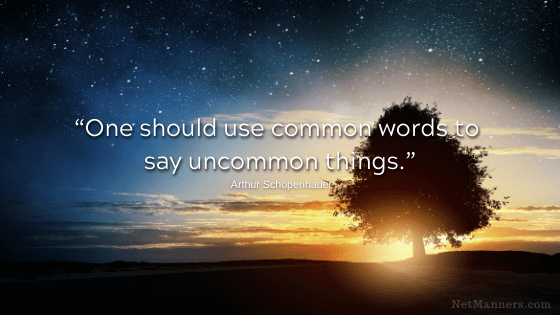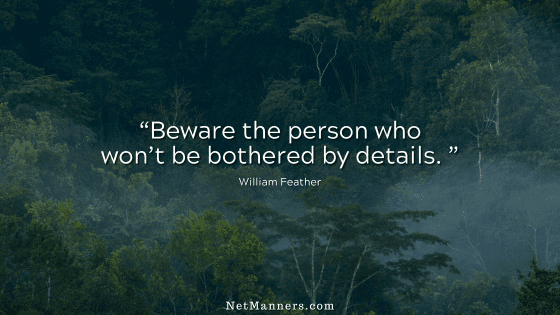Be Careful When Being Commercial
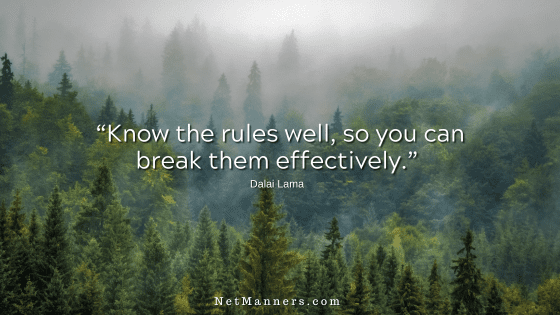
Well, I guess you’ve found out the hard way not to assume, right? The name-calling and profanity certainly are not necessary in pointing out the error of your ways. So I find it a bit ironic that someone pointing out proper behavior then resorts to swear words to do so.
Don’t be an Online Lemming
Just because you see others doing certain things online doesn’t make it okay. Without knowing which group you are speaking about, of course, I cannot comment on the specifics of your situation. However, pointing to a commercial site that is on topic with the conversation at hand is acceptable – if done properly. (For more, check out my BusinessEmailEtiquette.com website.)
Before you join or post anything commercial to a group or forum, you need to review their rules. Each group has its own rules, guidelines, or charter, which will discuss how commercial links are handled. In my experience, most Facebook groups tend to have a zero-tolerance policy for the posting of any type of commercial link.
Many folks will have commercial links for their company or business website in their signature file after their name or in their profile. Both of which are acceptable if not overdone. However, to just post a link to your site – well, that is asking for trouble. Your post will be deleted, and you risk being banned.
For example, you don’t want to post about your website, which has snowboarding supplies, when the group is discussing health issues. However, if you have health issue information, you can provide that and have a link to your snowboarding site in your signature file. Or, if someone asked if anyone knew of a site with snowboarding supplies or posted questions about snowboarding equipment, you could then pipe in and humbly point to your site.
Note humbly…
It’s not that you cannot or should not promote yourself online — you just have to do so within established protocols and posted guidelines.
Promotional Transparency
Posting of anything commercial in nature that was not asked for is considered spam. If your website does not specifically apply to the exact topic being discussed, you will be perceived as a spammer.
Then there are affiliate links. These are links where you sign up, and you get a commission if the link is clicked on and a sale is made. You can post them on your site or on your social media. Here again, every affiliate program has rules on how you are allowed to post their links.
Here in the United States, you have to declare this endorsement or advertisement. The FTC (Federal Trade Commission) has an entire guide on how to handle endorsements online.
The FTC isn’t mandating the specific wording of disclosures. However, the same general principle – that people get the information they need to evaluate sponsored statements – applies across the board, regardless of the advertising medium. The words “Sponsored” and “Promotion” use only 9 characters. “Paid ad” only uses 7 characters. Starting a tweet with “Ad:” or “#ad” – which takes only 3 characters – would likely be effective.
FEDERAL TRADE COMMISSION
The key is that if you are using affiliate links of any kind, you have to let those you are displaying to know upfront and with clarity that it is an affiliate link.
TIP: If you ever post a link to a commercial site you are in no way affiliated with that does apply to the conversation at hand, it will always behoove you to state, “I’m not affiliated with this site, but it may be what you are looking for.”
Learn Then Move On
So, if you mess up, don’t worry – just don’t do it again. We all make mistakes. 😉
What do you think? Comment on this post on Faceybook.
Have a question you would like me to write about?
Let me know here.

